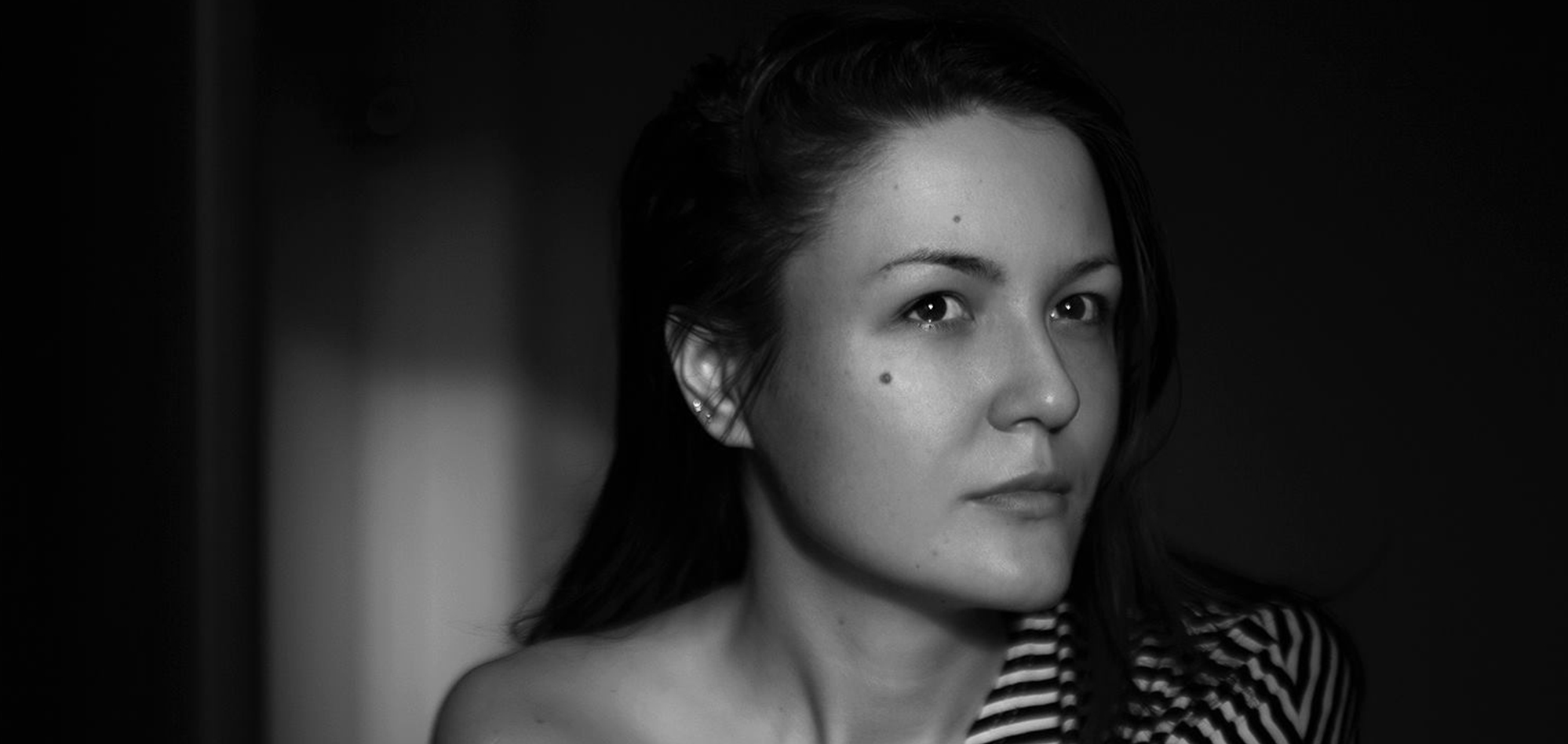Camille Hébert-Bénazet is in charge of the sprawling beehive of activity that marks the six-day program called “Short Film Corner” organized by the Cannes Film Festival. She is also a member of the Cannes’ Short Film Selection Committee. After studying Art, Communication and Language in Nice, she joined the Cannes Film Festival in 2008. In addition to that, she’s been working with Le Public Système Cinéma, organizing festivals such as the Deauville American Film Festival. In 2017, she collaborated with Romanian director Cristian Mungiu and his team on “Les Films de Cannes à Bucarest.” More recently, Camille has joined Rémi Bonhomme’s team for the Atlas Workshops of the Marrakech International Film Festival.
Tara Karajica caught up with her at this year’s Sarajevo Film Festival.
How did you get into film?
Camille Hébert-Bénazet: I studied Art, Communication and Language at University, and I really wanted to work in the cultural field. I have always had a serious interest in Cinema and, by chance, my first job opportunity was related to it. Then, I have been working for many film festivals for the past ten years and, in particular, the Cannes Film Festival, where I have developed a strong appetite for short films.
Can you talk about your work as Head of Cannes Court Métrage and member of the Cannes Short Film Selection Committee?
C.H.-B.: Cannes Court Métrage joins the Official Competition of shorts and the Short Film Corner, the professional forum at the Film Market. On the Short Film Corner’s side, we organize the industry events dedicated to young filmmakers such as meetings, workshop sessions, panels, masterclasses… We also put a highlight on emerging talents with two new Programs – Focus WiP and Focus CoPro’. Since last year, we have been wanting to reshape the idea of the Short Film Market and build something different, more focused on the relationship between filmmakers and decision-makers, an annual rendez-vous dedicated to the short form during Cannes like getting talented international filmmakers together and closing the gap between the short and feature industry. On the Short Film Selection Committee’s side, with my colleagues, I have the chance to watch some of the best short films around the world every year and find a filmmaker with a strong voice in a very, very short format – less than fifteen minutes. It has to be sharp!
How do you see the short form today?
C.H.-B.: Liberated and open to the world! Internet and the digital platforms contribute to open their access to the audience and I think it’s easier to watch shorts today than ever before, but more highlight is needed. Short films are unfortunately too often pushed to the background; it’s a shame because this format brings so many different languages, experiments and new ways to direct and to comprehend Cinema. Also, I have the feeling that more people understand that this is a piece of art of its own, not necessary a step to achieve a feature film.
What is your opinion on the situation of women in film today?
C.H.-B.: Well, things are changing… It seems that voices are louder than before – this is a good step, but not enough. Unfortunately, despite some progress, the situation looks stuck at some points: there are less films directed by women. The global budget dedicated to films directed by women is much less significant than for the ones directed by men. Less distribution funds, less visibility, less women in important positions, no equal pay… “Less” is a word associated too much to the situation of women. For sure, we need to talk more, work more and, above all, take action together both men and women. That’s not only a women’s issue, it is a societal problem, visible on every level of our society.
Who is your favorite (short) female filmmaker and what is your favorite (short) film by a female filmmaker?
C.H.-B.: I don’t have a favorite filmmaker in general, but there are a lot of women whose work I enjoy like for instance Marta Pajek, Pia Borg, Katarzyna Gondek and, of course, the magnificent Agnès Varda who has explored throughout her life the way to make art using the short and feature forms, constantly experimenting and questioning to open minds. One of my favorite shorts of the year is the magnetic Monstruo Dios, selected in the Cannes Film Festival’s Short Film Competition and directed by the talented Agustina San Martin – a spiritual and atmospheric journey.
What is a good film, according to you?
C.H.-B.: A kind of magical combination! Asking questions and being liberating and surprising. And I would say that when the film still lives in me a long time after having watched it, it is a very good sign!
This interview was conducted at the 2019 Sarajevo Film Festival.










